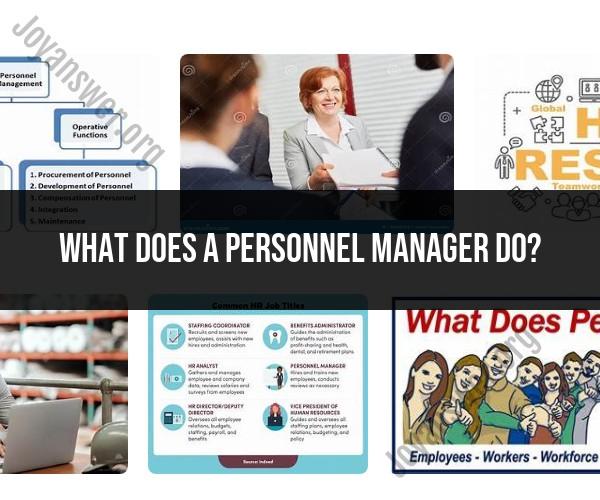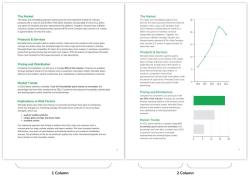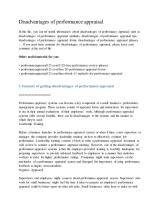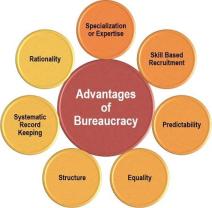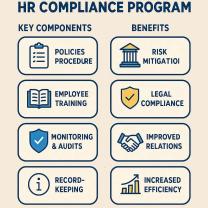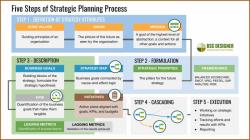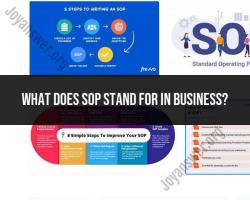What does a personnel manager do?
A Personnel Manager, also commonly referred to as a Human Resources (HR) Manager or HR Director, plays a crucial role in an organization by overseeing various aspects of managing the workforce. The responsibilities and duties of a personnel manager may vary depending on the size and nature of the organization, but they generally encompass the following key functions:
Recruitment and Staffing: Personnel managers are responsible for attracting, recruiting, and selecting qualified candidates to fill job vacancies within the organization. This includes writing job descriptions, conducting interviews, and overseeing the hiring process.
Employee Relations: They manage and promote positive employee relations within the organization. This involves addressing employee concerns, resolving conflicts, and ensuring a healthy and respectful work environment.
Training and Development: Personnel managers identify training and development needs among employees and coordinate programs to enhance their skills and knowledge. They may also oversee orientation programs for new hires.
Performance Management: They establish performance appraisal systems to evaluate employee performance and provide feedback. This includes setting performance goals and addressing performance issues.
Compensation and Benefits: Personnel managers design and manage compensation and benefits programs, including salary structures, bonuses, and employee benefits such as health insurance and retirement plans.
Compliance with Employment Laws: They ensure that the organization complies with labor laws and regulations at the federal, state, and local levels. This includes staying up-to-date with changes in labor laws and implementing necessary policies and procedures to remain compliant.
HR Policies and Procedures: Personnel managers develop and enforce HR policies and procedures that govern various aspects of employment, such as leave policies, workplace conduct, and disciplinary procedures.
Employee Records and Documentation: They maintain accurate records of employee information, including personnel files, payroll records, and attendance records. This is crucial for legal compliance and HR decision-making.
Labor Relations: In organizations with labor unions, personnel managers may be involved in negotiating labor contracts and handling labor disputes and negotiations.
Strategic Planning: They contribute to the organization's overall strategic planning by aligning HR initiatives with the company's goals and objectives. This may involve workforce planning, succession planning, and talent management.
Health and Safety: Personnel managers oversee workplace health and safety programs to ensure a safe and healthy work environment for employees.
Diversity and Inclusion: They promote diversity and inclusion within the workplace, striving to create an inclusive culture that values and respects differences among employees.
Terminations and Separations: When necessary, they handle employee terminations, including conducting exit interviews and managing the process in accordance with company policies and legal requirements.
Overall, the role of a personnel manager is multifaceted and essential for building and maintaining a productive, motivated, and compliant workforce. They act as a bridge between employees and the organization, ensuring that HR policies and practices support the company's mission and goals while also addressing the needs and concerns of employees.
